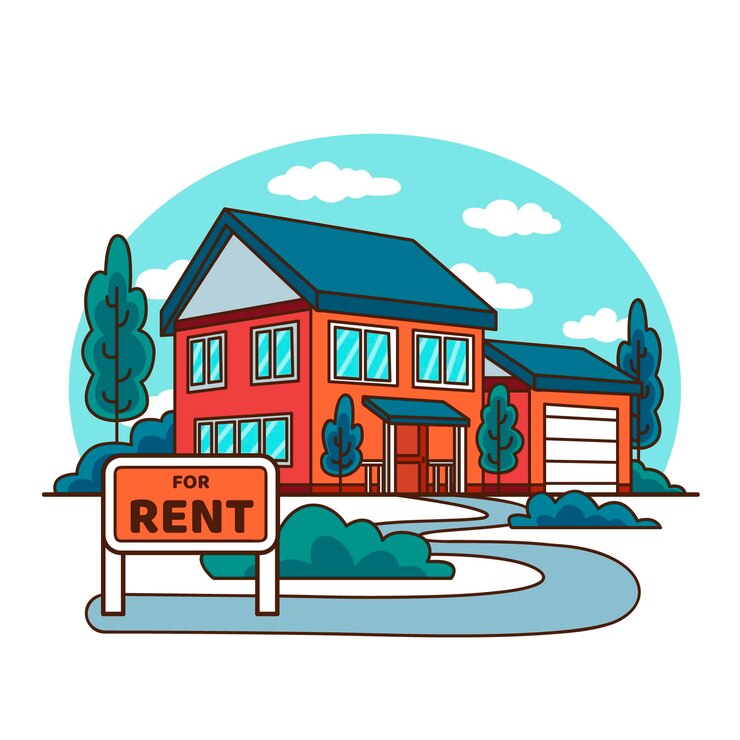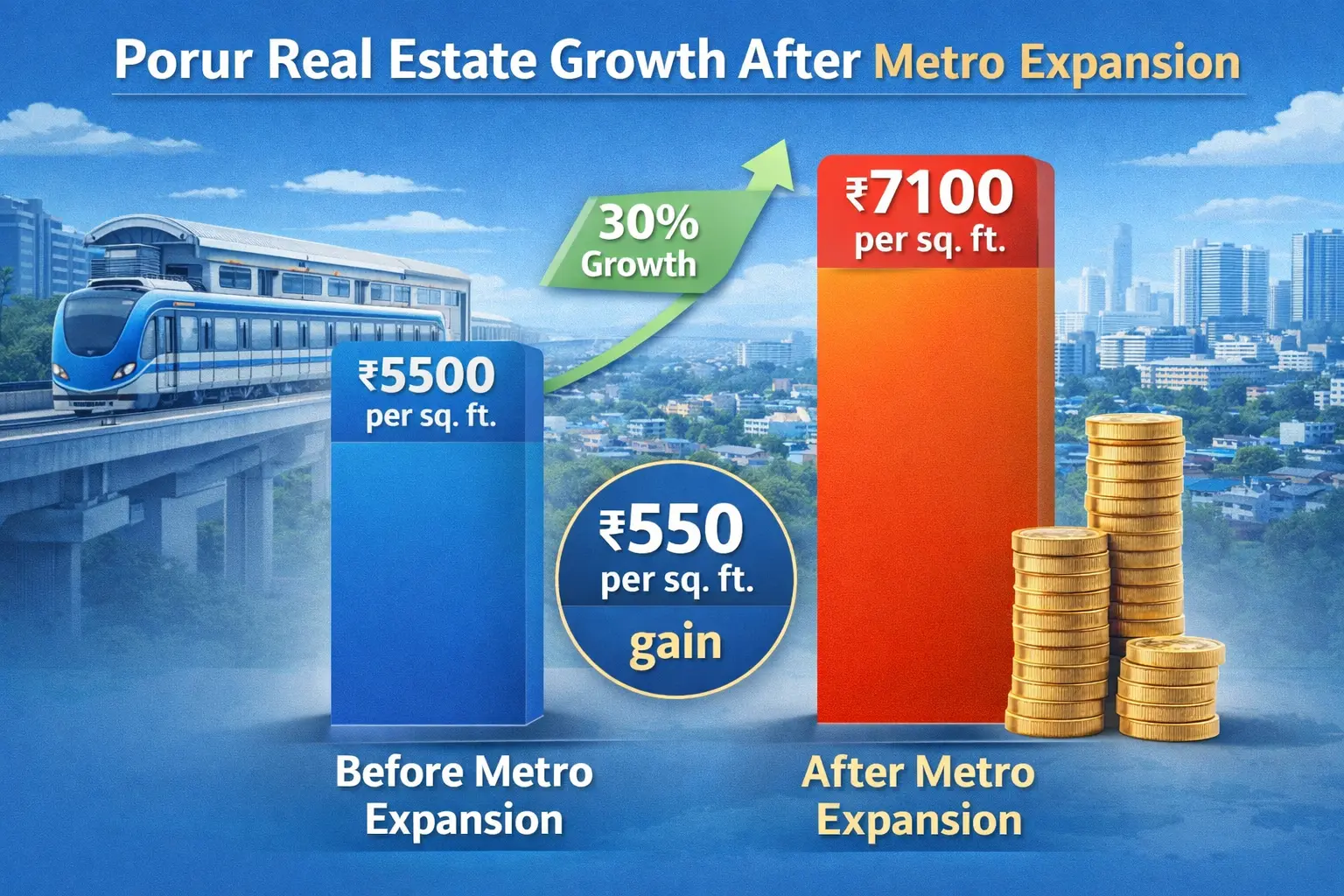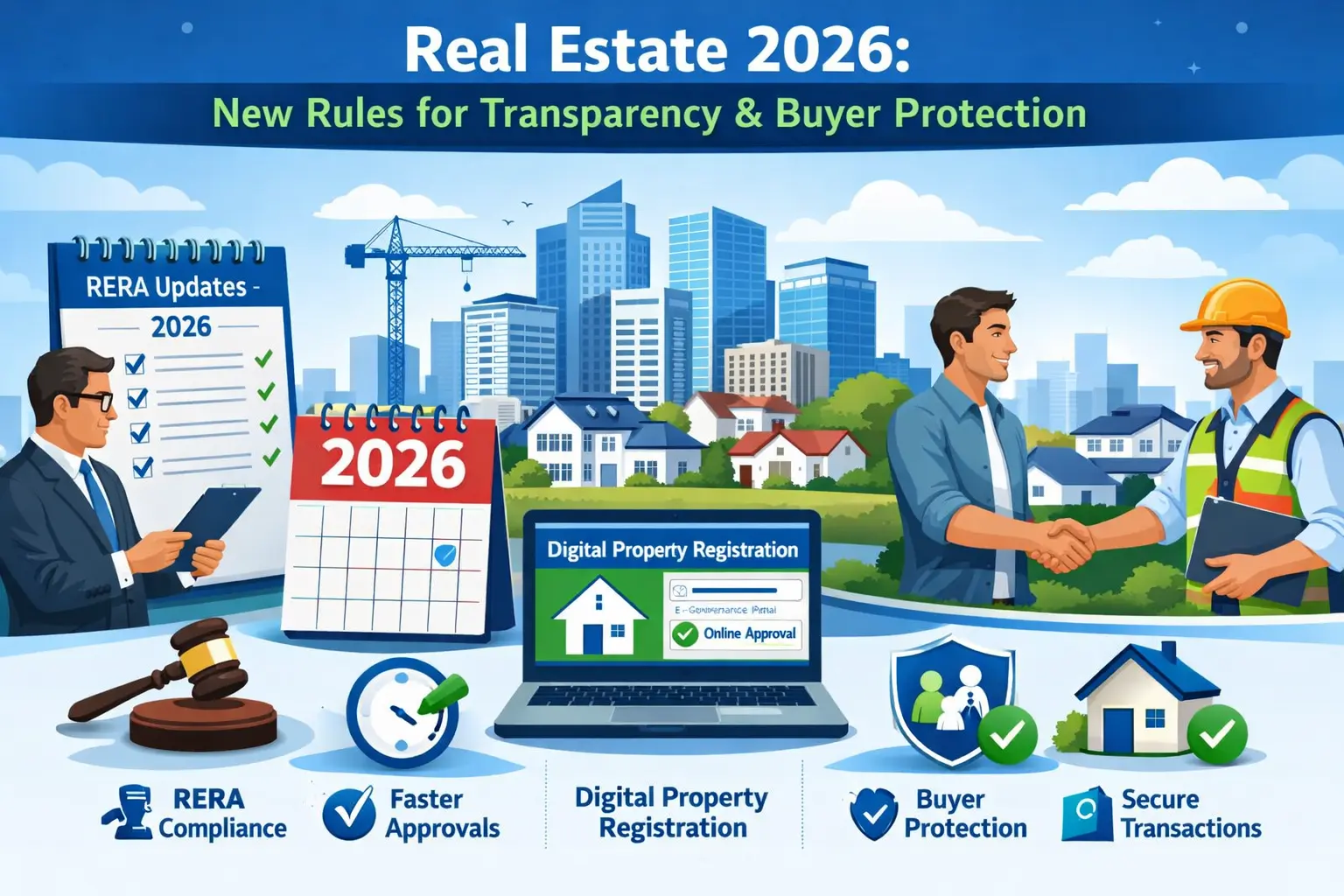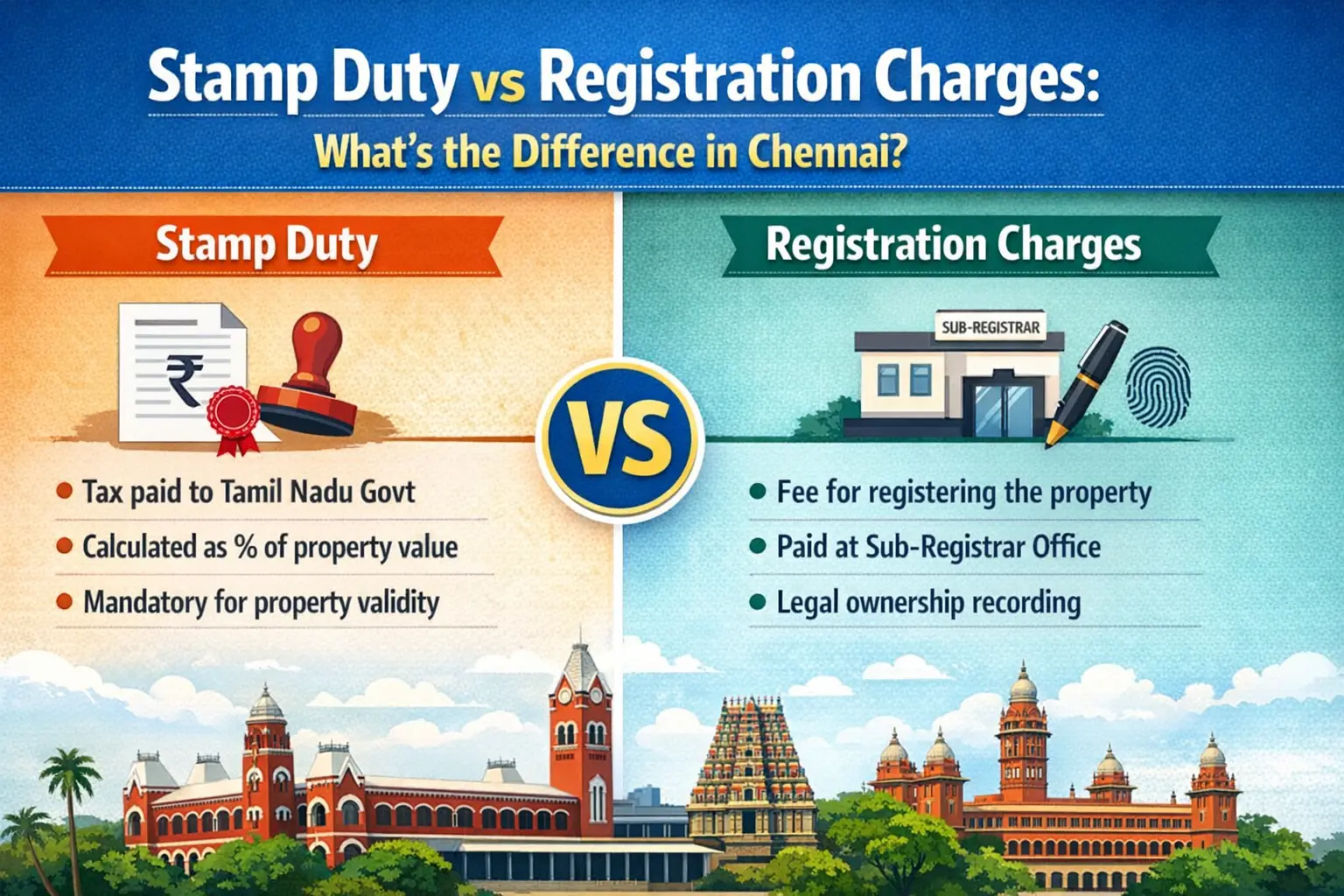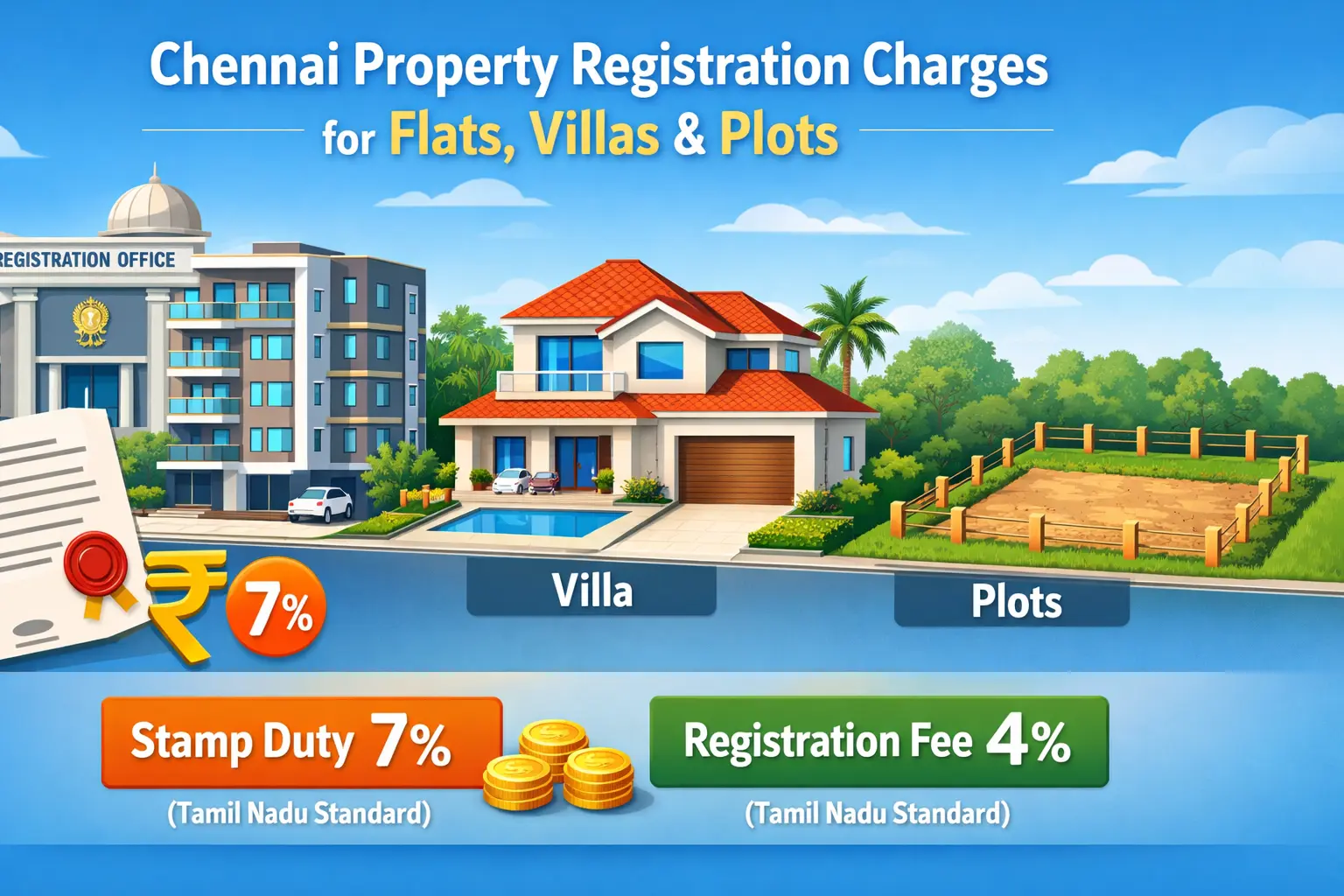What factors should I consider while investing in rental properties?
There are a number of things to take into consideration before making a rental property investment.
Analyze the market and the location first. Seek out locations with strong demand and room to enhance your rental income.
How to find your Location Demand?
Rental vacancy rates: Check the vacancy rates in the area you're considering. Low vacancy rates suggest high demand for rental properties.
Rental rates and competition: Analyze the rental rates in the area and compare them to neighboring locations. Additionally, assess the level of competition from other rental properties in the area.
Local regulations: Familiarize yourself with local rental regulations and laws. Some areas may have restrictions or requirements that could impact your investment.
By considering these factors, you can gain insights into the demand for rental properties in a particular location.
Second, assess the property's attributes, such as condition, maintenance needs, and potential for value.
A property's condition, servicing requirements, and potential for value should all be taken into account.
Condition: Evaluate the property's general state, taking into account its structural soundness, external and interior design, and the operation of important systems like the HVAC, electrical, and plumbing. A well-kept home with few problems would probably draw renters and need less urgent maintenance or reshaping.
Maintenance Requirements: Perform a comprehensive inspection to determine the requirement for any maintenance or repairs. Keep an eye out for evidence of wear and tear, out-of-date features, or any problems that might need to be fixed. Think about the money and effort needed to meet these needs.
Potential for worth: Assess the likelihood that the property's worth will increase over time. Its value can be influenced by elements like the area's development plans, market trends, and location. Furthermore, take into account any chances for upgrades or modifications that can raise the property's worth and prospective rental income.
You may make well-informed decisions regarding a property's investment possibilities and establish whether it fits with your goals as a rental property owner by carefully evaluating its condition, maintenance requirements, and potential for value.
Thirdly, take into account the financial elements, including the purchase price, available financing, prospective rental revenue, and associated costs like taxes and insurance.
Purchase Price: This is the total sum of money required to purchase the real estate. It's critical to account for possible supplemental expenses such as closing costs, real estate agent commissions, and any required maintenance or modifications in addition to the initial purchase price.
Finance Options: The method used to pay for the property is referred to as financing. You can pay for it with cash, a mortgage, or other loans. When assessing the whole cost and viability of the investment, it is crucial to comprehend the financing parameters, including interest rates, loan terms, and down payment requirements.
The money from renting out the property is known as prospective rental revenue. It is essential to evaluate the local rental market and project prospective rental income. The rental revenue is influenced by various factors, including location, property size, amenities, and local demand.
Finally, evaluate the risks associated with it, including vacancy rates, tenant turnover, and future changes to regulations. Making well-informed investing judgments will be aided by carrying out extensive study and due commitment.
How can I determine the potential profitability of an investment property?
Investing in real estate can be a terrific way to build wealth over time. Finding Profitable Investment To Continue...
